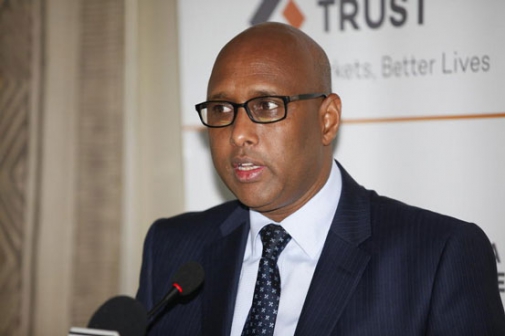×
The Standard e-Paper
Fearless, Trusted News

NAIROBI, KENYA: The World Bank recently released its annual Doing Business ranking of the world’s economies and Kenya has again improved to 61 from 80 last year and 92 the year before.
Kenya was also ranked 7th on the list of improvers, which highlights economies improving the most across three or more areas in 2017/18.







